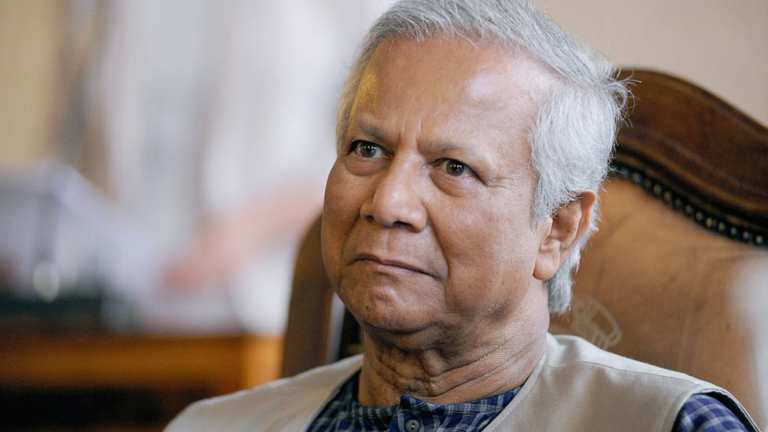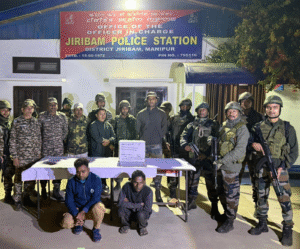A recent analysis on bdmilitary.com, reportedly backed by Bangladesh’s Directorate General of Forces Intelligence (DGFI), suggests that establishing a Rohingya Safe Zone could serve as a strategic advantage for Bangladesh, allowing it to exert influence over India’s northeastern states. The report frames Myanmar’s Rakhine State and India’s Siliguri Corridor as critical access points that could enable Dhaka to apply geopolitical pressure, disrupting transit routes and military mobility. The analysis also highlights potential support from China’s Belt and Road Initiative and U.S. Indo-Pacific strategy, while acknowledging domestic political opposition. It further proposes securing UN mandates and investing in border security enhancements to legitimize and operationalize the plan.



















